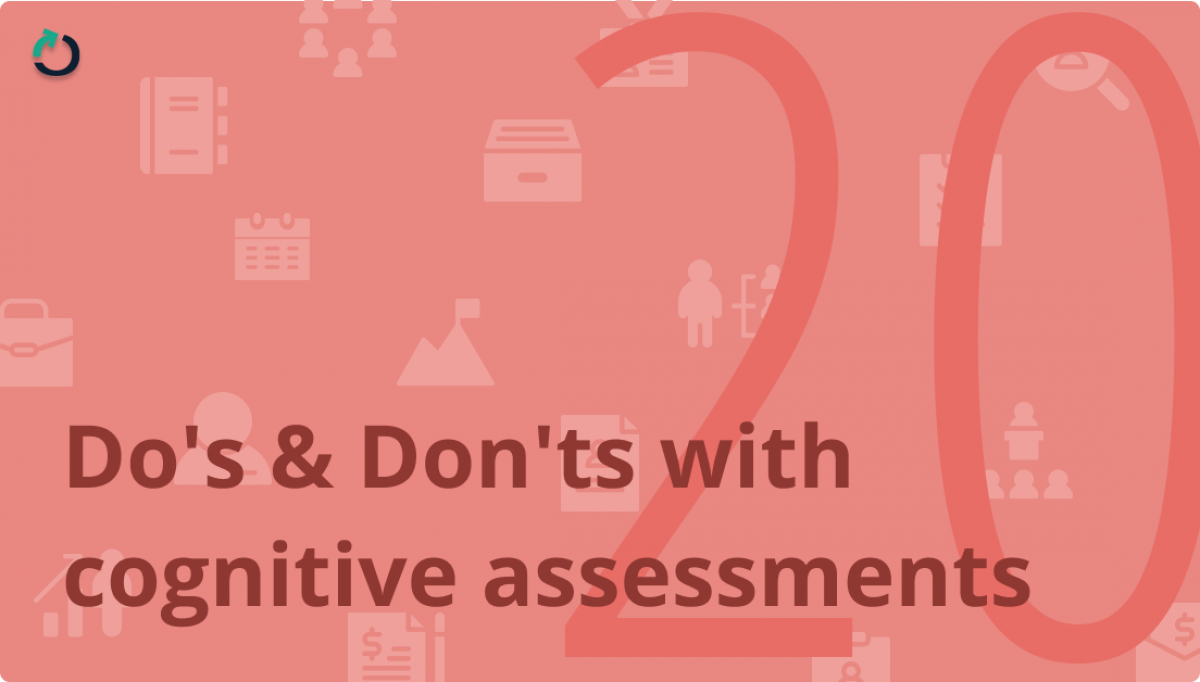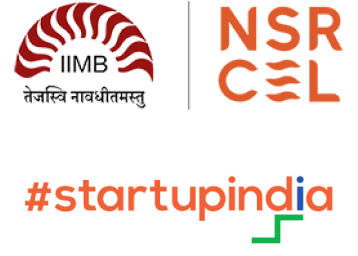Cognitive Assessments are powerful tools for selecting candidates. But like most powerful tools, the onus is on you to use them responsibly. Irresponsibly used data is worse than having no data at all. We saw the advantages, the types, and the applications of cognitive assessments, and now is the time for some actionable steps in implementing them.
Do’s - Transparent assessment process.
This is not specific to the cognitive tests but to most hiring processes. It is always better to keep the candidates updated on what they are tested for, how you will use the data, and how the scores affect their chances.
Don’ts: Intimidating process.
Transparency can devolve into intimidation. So, It is important to maintain a positive and friendly attitude when discussing with the candidates. The key is to get candidates excited to take the test and not stressed, and this depends on the human resources manager communicating with the candidates.
Do’s: Utilize test results.
Trust me, I am not stating the obvious. Several companies conduct assessments but don't USE the results; using doesn't mean dismissing candidates based on poor performance or selecting candidates for higher performance. There is a lot more to using Assessment tools properly than those. I am talking about maintaining benchmarks, monitoring cheating systems, studying component scores, and the whole works.
Don’ts: Attributing excessive weightage to test results
That said, test results are not everything. Cognitive tests are exceptional in measuring intelligence and learning capacity, but that is not all. Some roles demand wisdom gained through experience, leadership skills, or sociability; the skills that cannot be measured with tests. So it is important to understand that a great problem solver or quick learner is not the one you always need.
Don’ts: Not creating role-specific hiring assessments
As mentioned in the previous article, there are several types of cognitive ability assessments with each measuring a unique aspect of cognitive intelligence. That means all the aspects are not relevant for most roles. For example, it is better to load up the assessment with cognitive assessments for junior roles and to reduce the cognitive assessments for leadership roles.
The bottom line is there is a fine margin within which pre-hiring cognitive assessments work like magic, but little to one side or the other, it is not ideal. But don’t sweat, you will learn to maximize a pre-hiring assessment tool like Merreo, especially if it gives you helps in choosing tests and is designed to encourage holistic candidate assessment.
That brings the conclusion to our 4 blog series about cognitive assessments. Hope you have learned something from this.
A few key takeaways
- Cognitive tests are your candidate’s mental abilities. They don’t measure what you know: they measure how you think. This is the crucial difference between cognitive and other forms of tests.
- They are highly correlated with job performance (between 0.5 and 0.7 correlation).
- Different types of cognitive assessments measure different aspects of a candidate’s cognitive skills. Eg – mathematical ability, visualization, reasoning, and more.
- There are right ways and wrong ways to use an assessment result, and it is a constant learning process on the recruiter’s part.





